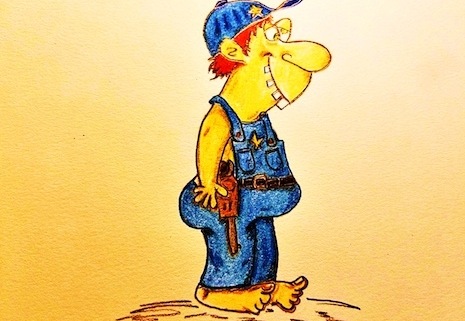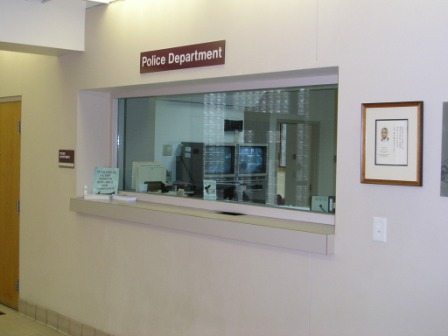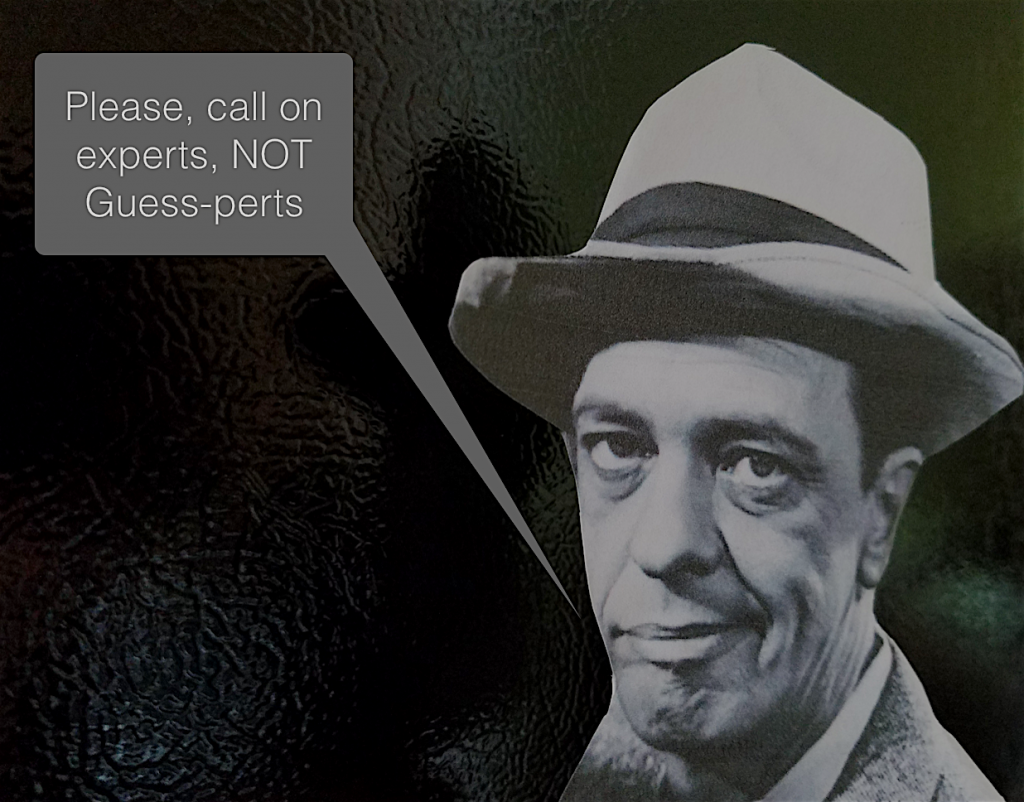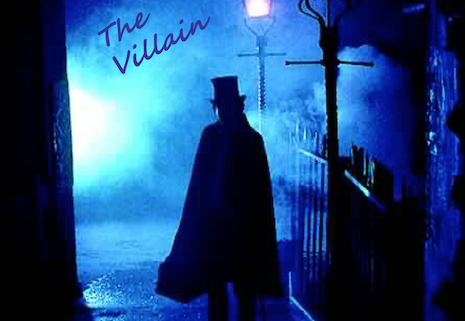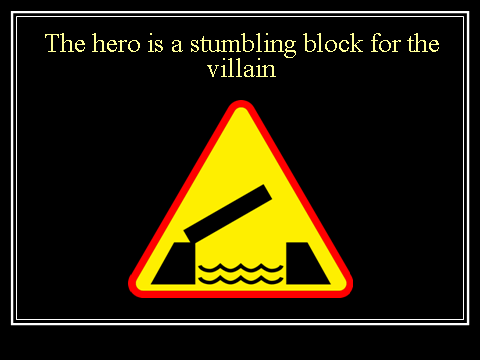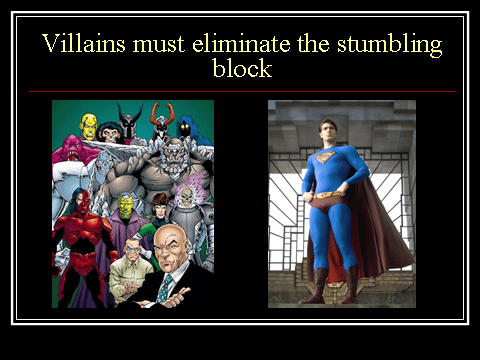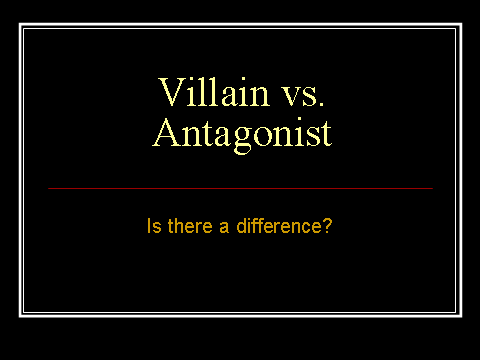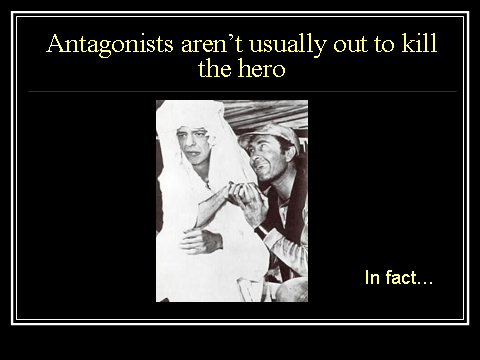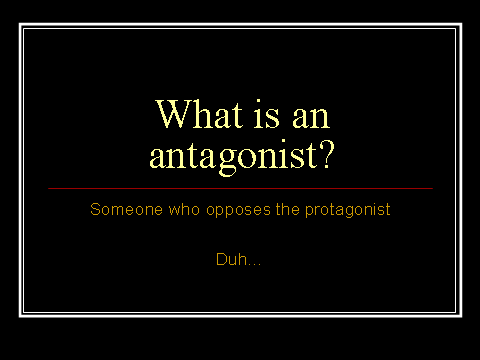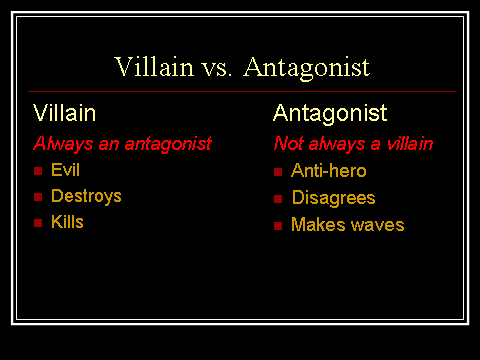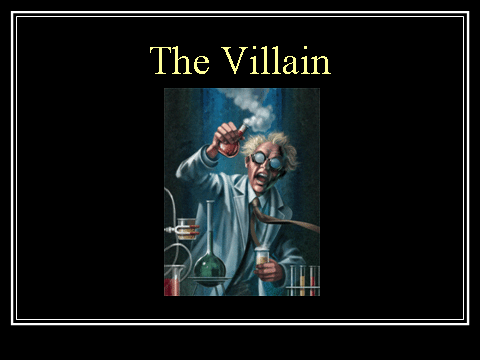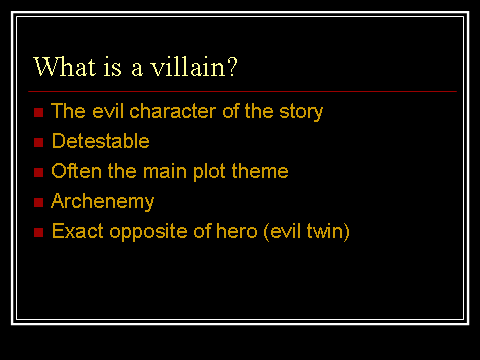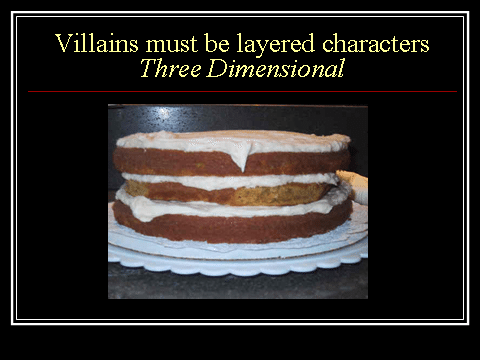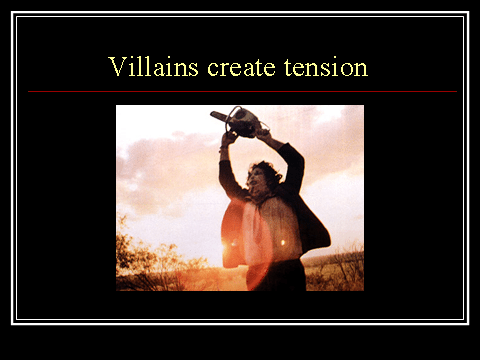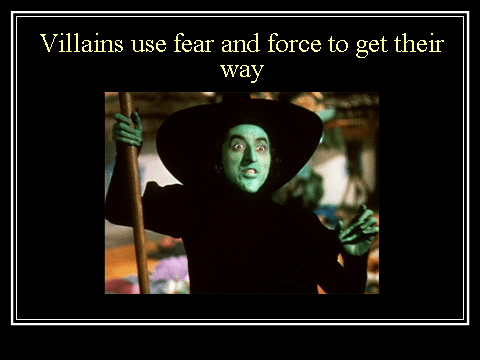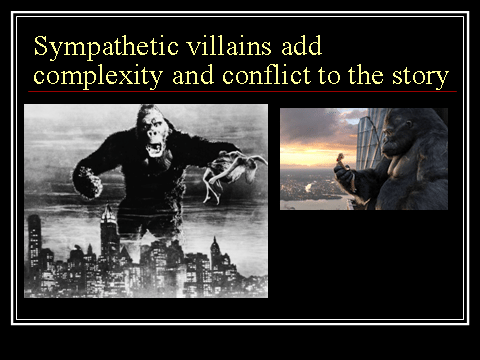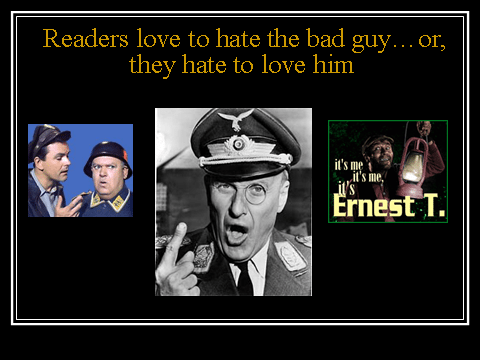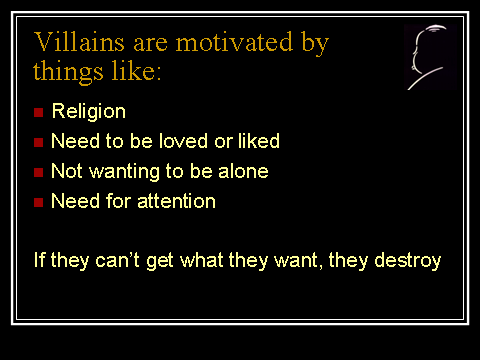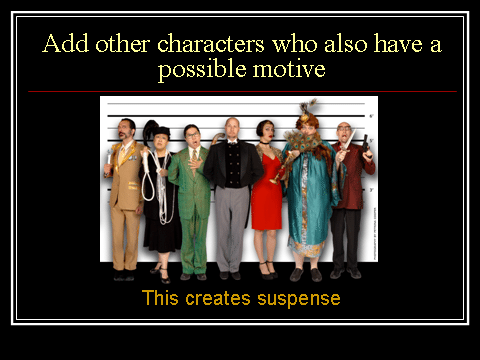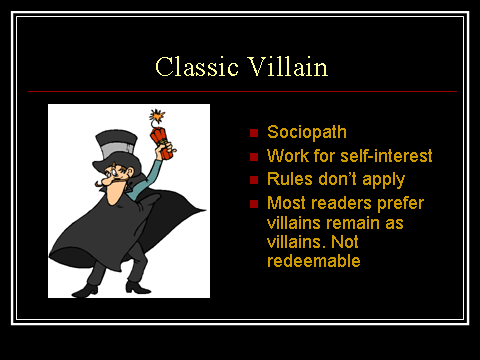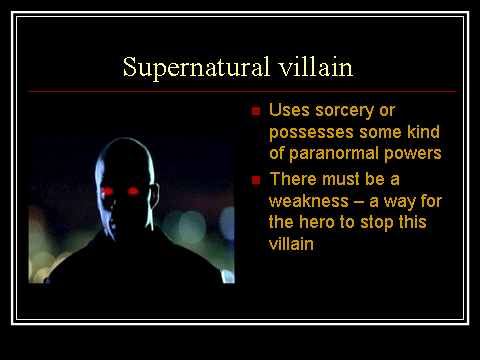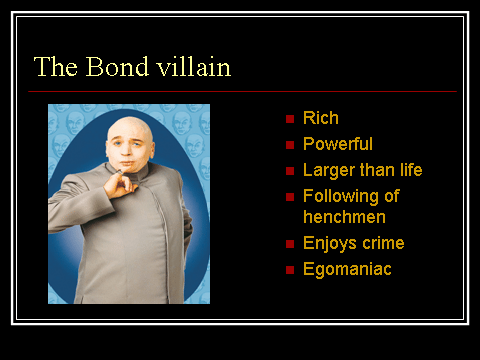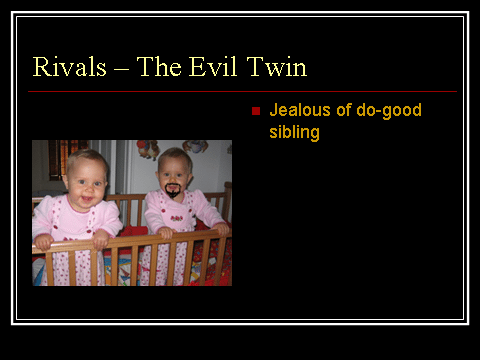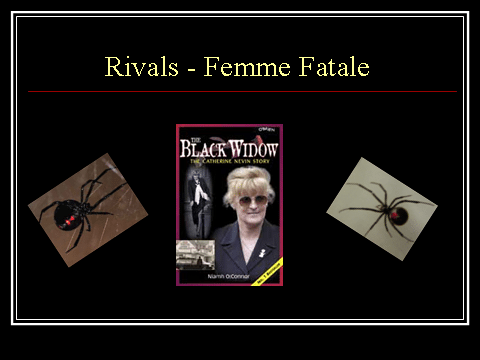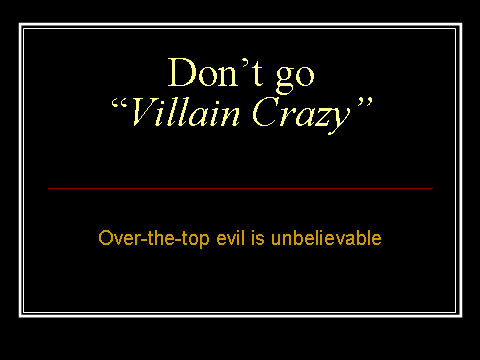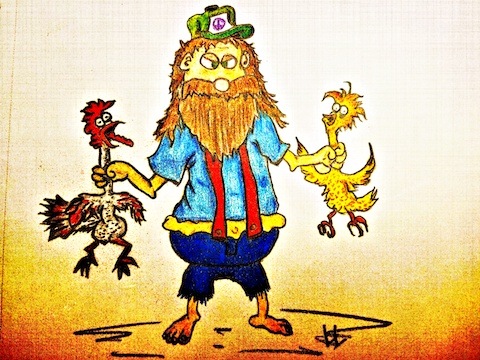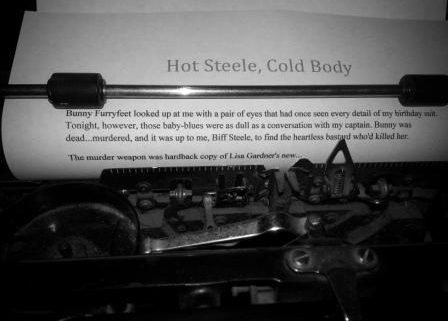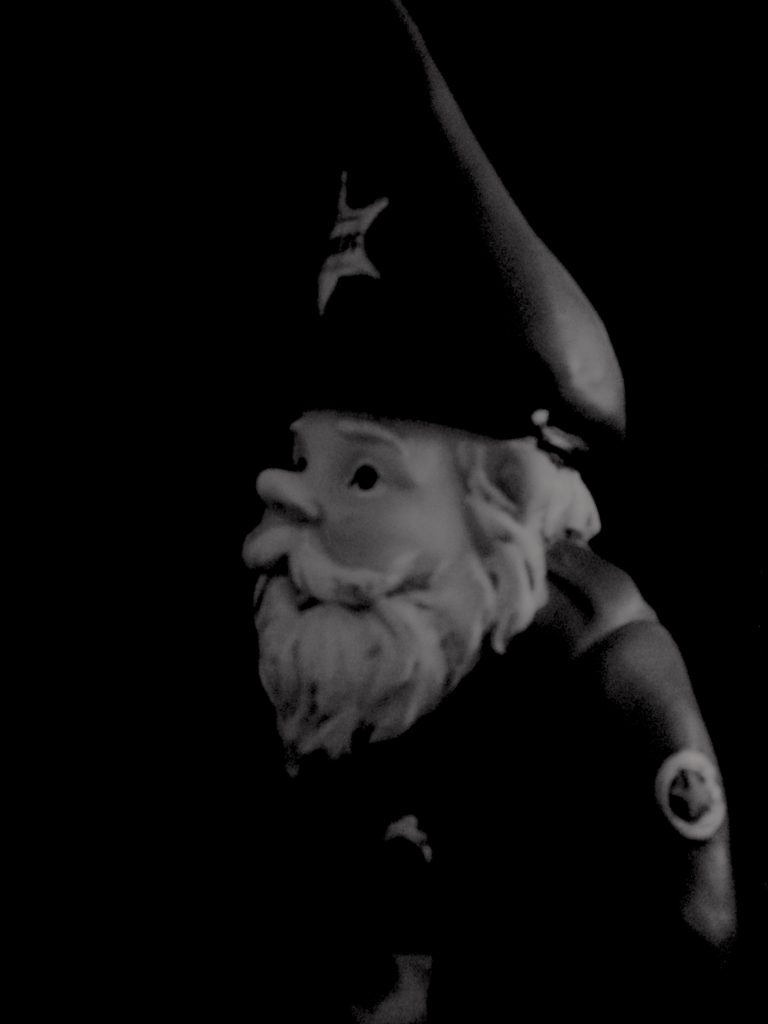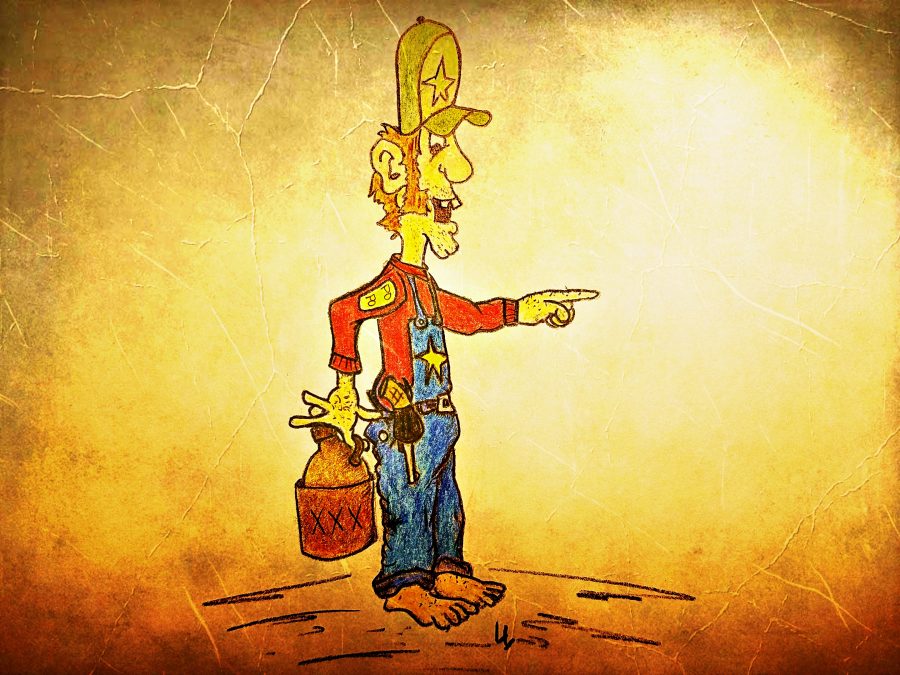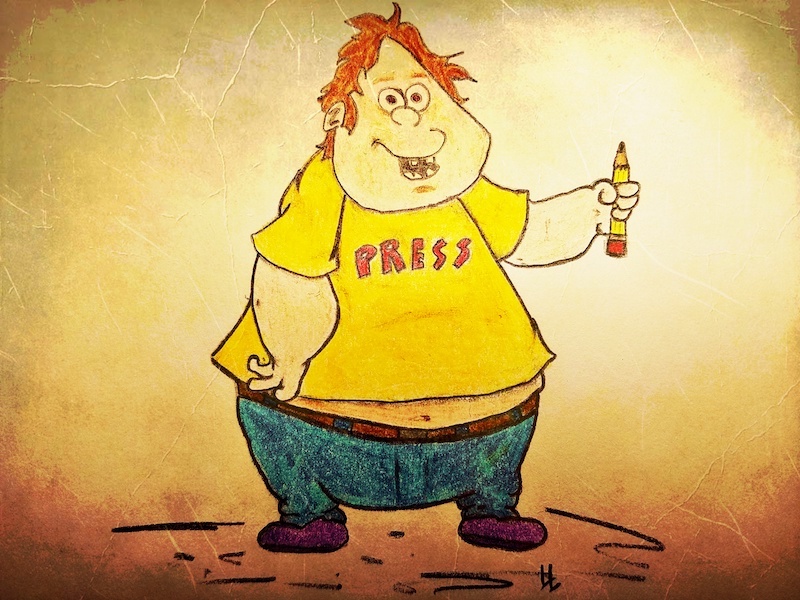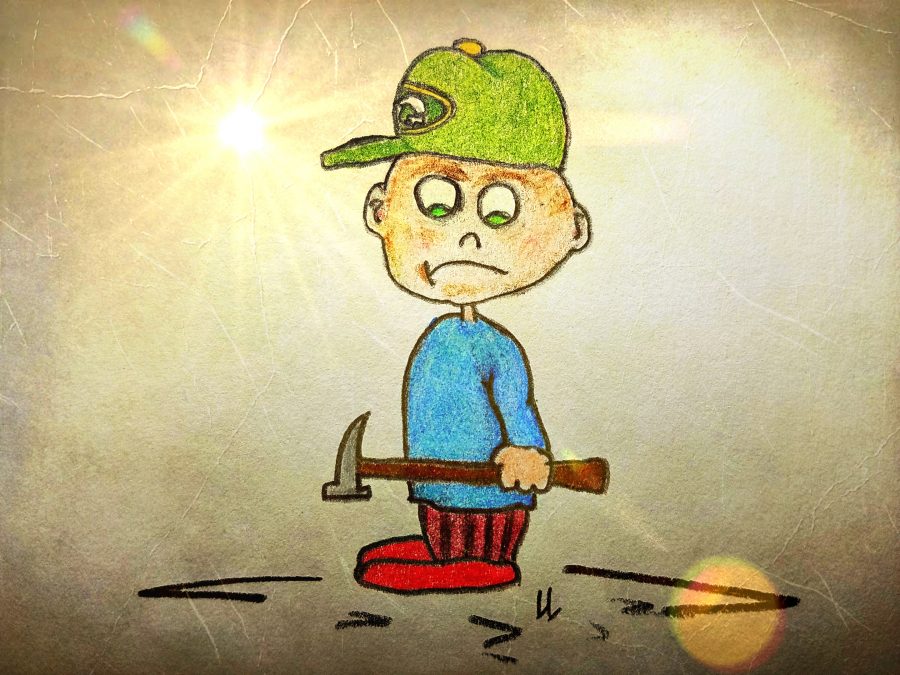Since the topic today is “small town departments” and the officers who work there … well, hold on to your hats because I’m about to make an earth shattering announcement! Ready?
Here goes.
Sure you’re ready? Are you sitting down? Have your nervous medicine in hand? Your doctor on speed dial?
Yes to all of the above? Okay, then. Here it is, and I’m holding nothing back. Not this time.
(One second. I’m taking a deep breath because this is scary).
Okay, here’s the news …
Small town cops are the same as cops in big cities!
Yes, they are. I’ve said it and the secret is OUT!
They receive the same training. They do the same jobs. They go through similar hiring procedures. They enforce the same or similar laws. They use the same or similar equipment.
So why do some writers insist upon writing them differently? Well …
Barney-Fife-Itis
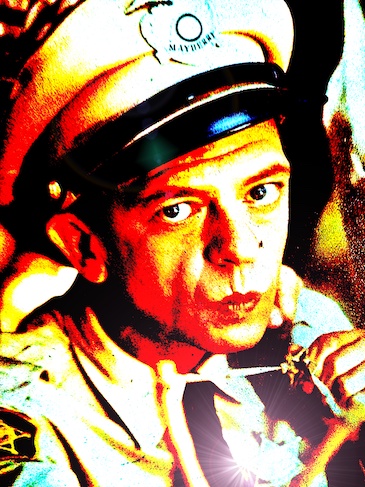
What is Barney-Fife-itis, you ask? Well, lots of writers suffer from it, and it’s a horrible disease. Nasty, in fact.
Do You Have the Symptoms?
Have you ever written small town cops as inferior to officers in large cities?
Have you ever written small town cops as sloppy, stupid human beings?
Have you ever written small town cops as doughnut-eating, ignorant, fat slobs?
Have you ever written small town cops as incompetent officers who must rely on FBI agents to solve every crime that occurs in Tinytown?
Have you ever believed any of the above to be true?
If so, you should immediately take a large dose of reality, rest for a moment, and then continue reading this post because each of the above are things I see in many books and they are not only absolutely and unequivocally wrong, they’re extremely offensive to many police officers.
I want to help you get better. I want to help rid your body and mind of this horrible disease that plagues writers. I want to heal you of this affliction. I want to cure you of Barney-Fife-Itis!
Now, do you agree that you have a problem, that this horrible and festering illness occupies a spot in your mind?
Yes?
Okay, that’s the first step … admitting the problem. Now let’s begin the healing process and to do so you must first address the trouble head-on by facing your negative feelings toward small town officers. So I’d like to take you to a small place, the one you’ve conjured up and now resides somewhere deep inside your imaginations, the spot where those ideas live and breed like the black mold that hides beneath your bathroom vanity.
So lets go there, to that location in your mind where …
Yes, it’s a small red-brick building nestled between Betty Lou’s Cut ‘n Curl and Smilin’ Bob’s Hardware and Wedding Cake Bakery. The lone parking space out front is reserved. A sign atop a steel post next to it reads “Chief’s Parking Only.”
Inside, the hallway to the right takes you to the water department and the office of the building inspector. There, you can also purchase dog tags, yard sale permits, and Girl Scout cookies, all sold by the town clerk, little Susie Jenkins’ mom, Sadie Mae. Her husband is the local letter carrier and her brother Bully Buck runs the feed store out on Route 1. And like most of the town’s business folk, Billy Buck’s a member of the volunteer fire department.
A left turn down the second hallway leads to the town’s police department, a force comprised of five dedicated, hardworking police officers—one chief, one sergeant, two full-time officers, and one part-time guy who’s also the mayor of the next town over.
Complaints can be filed with the dispatcher at the window, or by dialing the local number.
Calling 911 in Tinytown, by the way, works the same as calling 911 in Big City.
There is a tiny difference, though. When you call 911 in Tinytown somebody always shows up to see what’s wrong. Not always so in Big City.
Tinytown dispatchers also work the computer terminals, running criminal history and driver’s license checks. They know CPR and they know everyone in town and the quickest routes to their houses. They know the town drunk and the members of his family, and they know Ms. I. Chart, the wife of the town’s only optometrist. She’s a kleptomaniac and everyone knows about her problem. In fact all the merchants know Ms. Chart. So they keep an eye on her and a running tab of the things she steals so that each of them can present the bills to the good doctor at the end of the month, which he promptly pays.
Officers in Tinytown have an advantage over Big City cops in that they, too, know everyone in town. They know the good, the bad, and the ugly (bless little Junior, Jr’s heart, but he did get that odd-shaped head and dreadful set of cross-eyes from his daddy’s side of the family).
Tinytown cops know the local crooks by name and address and hangouts. They know the names of their mamas, daddies, grandparents, Sunday school teachers, and even the girlfriends and boyfriends they kept time with back in middle school.
A lot can be said about the advantages small town cops have over their big city peers. Another such asset is the above average ability to rapidly solve and close cases. Cops in big cities often must work a bit harder when investigating crimes because they face many unknowns. Small town cops have an edge in this area because they often know who committed a crime simply by the method used. For example, a crook uses a John Deere tractor to break down the doors of businesses, and he does do every Saturday night without fail.
I’ll never understand why so many bad guys repeat the same mistakes time and time again, but they do. Some are so predicable that I sometimes felt as if I should’ve simply driven to a known criminal suspect’s home on a Friday night to wait for him to arrive with stolen goods, and then together we’d wait for the call to come in that a home had been burgled.
Yes, some are practically that predictable
A rowdy drunk goes on regular rampages inside Popcorn Perkins’ juke joint out on the dirt road between Jasper Junction and Hickory Holler. The destruction usually happened sometime during One-Eyed Edith’s drunken and regular banjo solo, an act she performed for anyone who’d watch. Well, if Popcorn Perkin’s didn’t pop a cap in the wild man’s rear end right then and there the local boys in blue would sit in the drunk’s front yard waiting for him when he got home, because every single person in the place knew the guy by his first name, and they’d snitch.
And there’s the guy who robbed the Wiggly Jiggly Club during the middle of hardworking Bertha Leadbottom’s last set of the night. On a good night, after payday at the mill, Bertha sometimes took in as much as a hundred bucks, or so, all in singles. She needed every dollar she earned because, according to the pharmacist over at the Walgreens, her middle child, Ruby Jean, took three medications that cost darn near three-hundred George Washingtons each month.
It took the locals all of three hours to find the “Jiggly” robber. They would’ve caught him sooner but Bertha’s ride home was a no-show so the sergeant waited until she dressed proper-like and counted her cash, and then he gave her a lift home.
They solved the case so quickly because the masked robber, Jimbo Jenkins, wore his work shirt while holding up the bartender. Jimbo works out on the highway as a tire changer at Big Earl’s Truck Stop, and right there as big as life itself was the name “JIMBO” embroidered above his left shirt pocket. On the back of his grease- and oil-stained work-shirt, in great big, bright-red lettering was “BIG EARL’S TRUCK STOP.”
Not as easy in the city, where a crook could be anyone from a long distance truck driver who stopped in off the interstate, to Sammy the Nose of the south-side Baddabing Family.
Why and how?
Why? Again, because in small towns practically everyone knows nearly everyone, and cops in those areas of small populations arrest the same people over and over again, for the same crimes, over and over again. It’s like shooting a small number of fish in a small barrel.
And when the crooks grow older and physically unable to continue along the path of crime, well, their kids take over and follow in their footsteps. 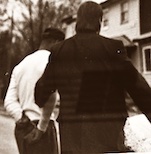 I sometimes read my old hometown paper and see where the kids and/or grandchildren of people I’d arrested years ago are now committing the same types of crimes, or worse.
I sometimes read my old hometown paper and see where the kids and/or grandchildren of people I’d arrested years ago are now committing the same types of crimes, or worse.
Once in a while though, the stinky stuff hits the fan in Tinytown and in comes an outsider, an interloper who decides to kill one of the locals. Perhaps ol’ Rooster Simpson traveled to Big City one Saturday night and hooked up with Sammy the Nose’s wife during a night of boozing it up at the Rusty Nail Motor Lodge lounge. The two head back to Rooster’s room, the one with the coin operated vibrating bed, where a friend of The Nose sees them smooching it up before entering the pay-by-the-hour love nest. So a week later Sammy sends his best hit man down to whack Rooster. He does the deed, polices his brass, and heads back to the city without leaving a trace.
So how in the heck would these tiny town officers ever hope to solve such a big time case? After all, it’s murder and the last time someone killed someone else in Tinytown was when Jonas Johnson used his double barrel to settle the argument with Homer Wrightway about whose tractor could pull the biggest plow. The gun was meant for show but when Jonas’ prize pig ran outside through the front door of Jonhson’s house with Mabel Johnson directly behind shooing the sow with her best straw broom, the porcine prancer bumped Johnson’s right leg, an action that caused the man to pull the trigger, shooting his buddy Homer dead right then and there.
But there was no need for an investigation. Johnson drove himself down to the police station/water/building inspector/Girl Scout cookie department to turn himself in.
But now there’s been a real killing with real clues to be found and a real murderer to be located. And it’s up to the Tinytown cops to solve the crime. Lawdy, lawdy, and lawdy, whatever should they do?
Well, the answer is simple. They investigate the case just as would any officer in any town or city or county in the country.
All police officers in all police departments and sheriff’s offices (the deputies with police powers—not all are police officers) attend a police academy and they receive the same training and certifications as the officers over in Big City.
No, Tinytown PD doesn’t have all the latest fancy equipment with the shiny, spinning dials and winking, blinking lights. They most likely don’t have special detectives who only work homicides or white collar crime, or have on staff specialized gang units or juvenile divisions. And they don’t have sections dedicated to traffic, vice, narcotics, and internal affairs. Budgets simply don’t allow it.
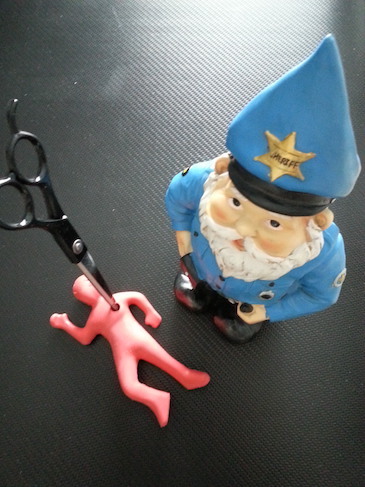 In many cases, actually, small town police officers have another advantage over the specialized big city cops because officers in Tinytown are cross-trained. They each know how to run radar, direct traffic, dust for fingerprints, interview suspects and witnesses, and they know how to investigate a murder. They work burglaries and assaults. They also arrest drunk drivers, drug dealers, people who abuse their spouses, rapists, pedophiles, kidnappers, and robbers. They break up fights, help kids cross the street safely, and they locate lost pets. If one of their officers steps out of line they’ll straighten his butt out, too.
In many cases, actually, small town police officers have another advantage over the specialized big city cops because officers in Tinytown are cross-trained. They each know how to run radar, direct traffic, dust for fingerprints, interview suspects and witnesses, and they know how to investigate a murder. They work burglaries and assaults. They also arrest drunk drivers, drug dealers, people who abuse their spouses, rapists, pedophiles, kidnappers, and robbers. They break up fights, help kids cross the street safely, and they locate lost pets. If one of their officers steps out of line they’ll straighten his butt out, too.
Big city detectives may work in one specific area for a very long time; therefore their skills in other areas often become weak and stagnate due to the lack of experience in those other fields of investigation.
Of course, Tinytown is totally fictional, but there are many actual small towns with small police departments. And those small departments, as I stated above but want to re-emphasise, work the same type cases as the departments in larger cities.
No, not all departments are large enough to have officers who serve solely as detectives. But they all employ police officers who are fully capable of investigating any type of crime. And they do, from traffic offenses to murder. Sure, they perform the same work as a detective, but they may do it while wearing a uniform instead of some fancy-smancy suit.
Yep, most small departments operate the same way as the large ones, just on a smaller scale.
If Small Town officers need additional help, or resources, they call on the sheriff’s office or the state police. Sometimes, if warranted, but it’s rare, they may call on the FBI. Please keep in mind that the FBI does not, as a rule, investigate local homicides. That is not what they do. Nor do they ride into town and take over a detective’s office. No, no, and NO!
ATF agents often operate out of small town departments and they’ll assist with various local cases, just as they depend on the assistance and backup from the local cops when needed.
 Remember, not all departments operate in the same manner. Some smaller departments DO have detectives and those investigators may or may not wear a uniform. They could dress in a coat and tie, and they could have the title of detective, or investigator. If they’re a detective who wears a uniform their rank would normally remain the same. There is no standard rule. It’s entirely up to the individual department.
Remember, not all departments operate in the same manner. Some smaller departments DO have detectives and those investigators may or may not wear a uniform. They could dress in a coat and tie, and they could have the title of detective, or investigator. If they’re a detective who wears a uniform their rank would normally remain the same. There is no standard rule. It’s entirely up to the individual department.
By the way, a police department and a sheriff’s office are not the same. Deputy sheriffs work for sheriffs, not police chiefs. But that’s a topic for another day.
I’ve often wondered why some people assume that people who have little are to be considered inferior or less intelligent when compared to those who have a lot. This is also true when considering law enforcement agencies. Those with the shiniest and best equipment are often seen as employing officers who are smarter than their peers who work for small town departments with meager budgets. Of course, this unfair stereotyping occurs throughout most walks of life.
Actually, if comparing apples to apples, try breaking it down in this way:
- Tinytown, a municipality of 4,000 residents, employs five police officers. Those five officers provide police protection and coverage for those 4,000 citizens.
- Big City, a city of 100,000 employs 125 officers.
- Break down the number from Big City into three shifts (day, night, and rotating for the off hours of the other shifts) and you wind up with just over 40 officers per shift.
- Now, since Big City covers a much larger land area than Tinytown, officials divided Big City into 8 precincts.
- Each of the eight precincts covers a land area the size of Tinytown.
- Each precinct employs … wait for it … FIVE officers.
- Some of those precincts have 4,000 residents, or more, including the extremely high-crime areas. Therefore, these precincts of 4,000 residents are covered by five police officers, which is the same scenario that plays out in every small town and city across the country.
- Many small town police officers attend the same police academies as their peers in larger cities. In fact, they’re often classmates in the same academy. And, their instructors are the same, their desks are the same, and the equipment used is identical.
Anyway, budget, land area, and location are the major differences. Not intelligence or training. (The above is strictly hypothetical, but very near reality).
Check with Experts
As always, please check with experts in the area where your story takes place. Those are the people who can best help with your research. Not someone who once read a book about how cops work in small towns. Obviously, to read incorrect information and then pass it along is, well, it doesn’t make the details any more accurate. Wrong is wrong.
To do so would be no different than me reading a book on brain surgery and then telling you about it so you can then operate on your readers and fans. Reading a book about something does not make someone a crackerjack on that particular subject. It’s actual experience and training does indeed produce experts who can help you breathe life and emotion into your fiction.
We often see “Guess-perts” (the folks with no real experience or training) telling authors to write small town cops as “Barney Fifes,” when that couldn’t be further from the truth. I know, there are “Barneys” in many departments (other professions as well), but they’re not exclusive to small towns. It’s just that they’re far more obvious when they’re one of only five officers citizens see every single day.
So, if you’re going for accuracy, the best advice for you, my writer friends, is to …
Speaking of adding realism to you stories …
MurderCon!
There’s still time to attend MurderCon, an event featuring hands-on workshops that are typically for law enforcement eyes ONLY!
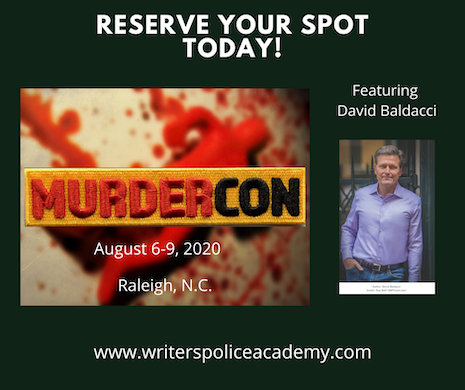
To view MurderCon classes and workshops click HERE.
To sign up to attend this unique event for writers, readers, fans, and anyone who’s interested in attending actual hands-on law enforcement training at a renowned facility, click HERE.

